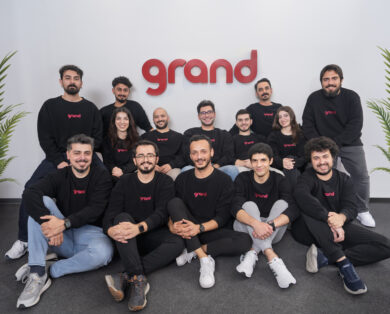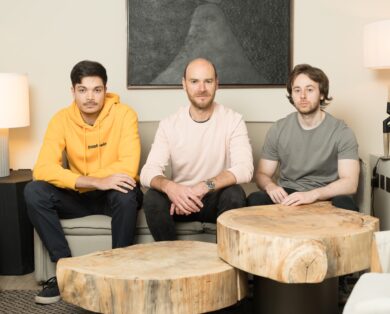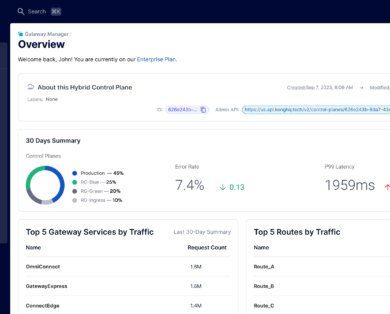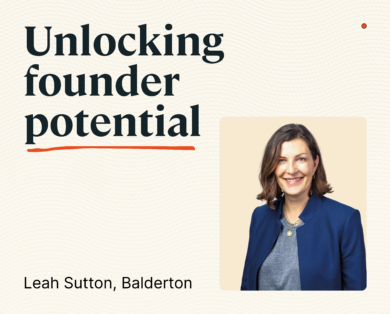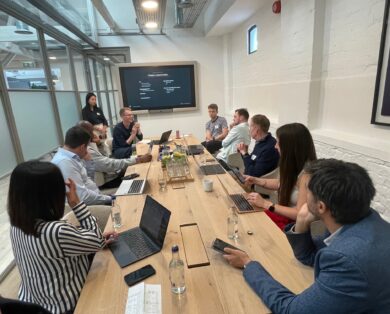- Portfolio News
- 09 January, 2025
The Series B funding was led by Balderton with support from Visionaries Club and existing investors Creandum, Firstminute, and Seedcamp.
Lindus Health is the ‘anti-CRO’ fixing the broken clinical trial industry, setting the stage for greater scientific innovation and lower healthcare costs. The company offers clinical trials that are up to three times faster and produce demonstrably better quality trial data than traditional players thanks to an AI and tech-first approach.
The $55M in new funding will allow Lindus Health to further develop its AI technology and eClinical platform, Citrus™, to optimise study design, automate central monitoring of study data, enable instant biostatistics, and more, as well as hiring in key areas including clinical operations and product development.
In an industry marked by slow growth and fragmentation, Lindus Health’s vision for how clinical trials should operate and unwavering commitment to help improve patient outcomes puts them on a completely different playing field than other companies in this space.
With the last two decades of developments in the life sciences and artificial intelligence we are at the cusp of an exciting new wave of drug discovery, Lindus’ pioneering mission to build the anti-CRO will enable the translation of these discoveries into the therapeutics that will improve the health and lives of millions of people.
Suranga Chandratillake General Partner, Balderton
A broken industry in dire need of innovation
All new medical treatments must undergo rigorous testing through clinical trials, which are run by contract research organisations (CROs), to demonstrate that they are safe and effective. CROs are notorious for running trials over-time and over-budget – 85% of clinical trials are delayed – and the clinical research process has become exponentially slower and more expensive over the last two decades.
The CRO industry has remained stagnant with extremely limited adoption of technology or modern approaches to streamline clinical development. This ultimately hinders the pace treatments can reach patients and drives up research and healthcare costs. From 2021 to 2022 alone, the cost of developing a single drug was estimated to have increased by almost $300M. These costs are passed on to patients in the form of higher drug prices and insurance premiums.
The antiquated CRO model is failing the industry and failing patients, with inefficiencies and misaligned incentives propelling costs and causing researchers to stumble before their breakthroughs can reach patients. Lindus breaks the cycle by completely reinventing the way clinical trials operate, allowing life science companies to iterate faster.
Meri Beckwith co-founder, Lindus Health
Lindus Health aka the ‘anti-CRO’
Lindus Health is disrupting the $112B CRO industry with its tech-first “anti-CRO” approach, thanks to a combination of in-house technology and vertical integration of services. The company has leaned heavily into the power of AI and automation through their proprietary clinical trial software platform, Citrus™. It also built sophisticated methods for central patient recruitment and enabling new trial designs. This has resulted in massive efficiency gains, with clinical trials that are up to three times faster and produce demonstrably better quality trial data, ultimately setting the stage for greater scientific innovation and lower healthcare costs.
Launched in 2021, Lindus Health has operated a total of 42 end-to-end clinical trials, making an impact across a broad range of market segments including psychiatry, diagnostics, and respiratory health. The company has enrolled over 36,000 patients in their trials across North America and Europe, including collaborations with Aktiia on a 7,500-patient device study and Pharmanovia on a Phase IV trial for insomnia.
The last 20 years have seen huge breakthroughs in fundamental scientific research, but this isn’t impacting the general population because of the artificial bottleneck that clinical trials create. We’re fixing that with a new paradigm for running trials underpinned by technology. That doesn’t just lead to faster trials, it changes the way companies can think about drug development going from waterfall big bets to agile research.
Michael Young co-founder, Lindus Health
Lindus Health’s pioneering use of machine learning (ML) to predict clinical trial outcomes from historical trial data and optimise study design has earned recognition in Nature. The company also facilitated foundational research into perceptions on clinical trial participation across various demographic groups, conducted alongside Oxford University, highlighting its commitment to turning patient insights into actionable steps that improve trial outcomes. Lindus has earned numerous accolades such as inclusion in WIRED Startups 100, Sifted, and others that reflect Lindus’ growing influence on the way clinical trials are executed and managed.
This latest funding marks a pivotal step in Lindus Health’s journey to create monumental change in the way clinical research is conducted. By breaking free from outdated industry norms, the company is unlocking the potential for groundbreaking treatments to reach patients more efficiently, setting the stage for better healthcare for all.
